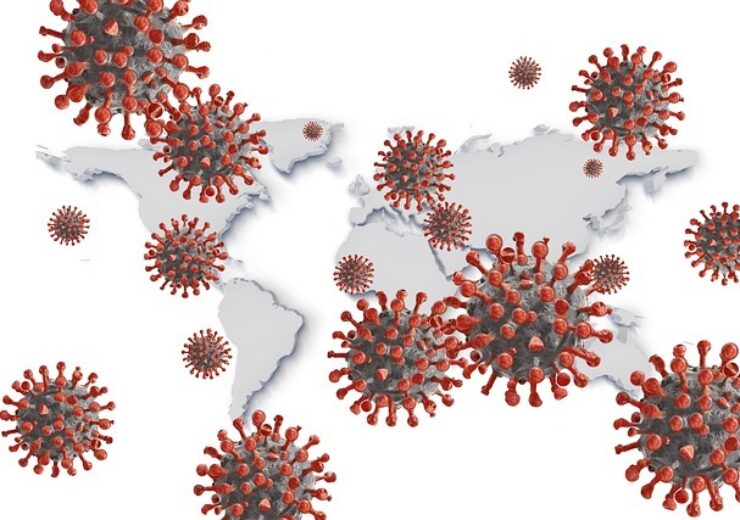The new Covid-19 test is designed to detect and differentiate all the new mutating Covid-19 variants

The new Covid-19 test is designed to run on commonly available qPCR cyclers. (Credit: Gerd Altmann/Pixabay)
Precision molecular diagnostics company DiaCarta has secured CE mark approval for its new QuantiVirus SARS-CoV-2 Variant Detection Test.
The new Covid-19 test has the potential to screen SARS-CoV-2 virus, in addition to detecting and differentiating all the new mutating Covid-19 variants such the Alpha (UK), Beta (S. Africa), Gamma (Brazil), Delta (India), Delta Plus (India), Epsilon (California) and the Kappa (India)
Designed to run on commonly available qPCR cyclers, the new test is powered by the company’s advanced XNA based Molecular Clamping Technology.
The technology uses advanced synthetic Xenonucleic acid molecular oligomers (XNA) , which hybridise with target DNA sequences and can be deployed as molecular clamps in quantitative real-time polymerase chain reactions (qPCR).
The XNA tightly bound to the wild-type sequences specifically enables only the mutant sequences to be precisely amplified, said the company.
DiaCarta founder and CEO Dr Aiguo (Adam) Zhang said: “Expensive and time-consuming NGS assays are currently the only option to detect new and emerging Covid-19 variants which are causing widespread global alarm, and creating an urgent need for cost-effective testing platforms that can quickly and accurately detect variants.
“Our new test shows that our XNA technology can do both – precisely detect known and emerging SARS-CoV-2 mutations and provide an expeditious, inexpensive solution for variant surveillance.”
DiaCarta is also seeking an emergency use authorization (EUA) from the US Food and Drug Administration (FDA) for the new rapid SARS-CoV-2 variant detection test.
The company provides various testing services ranging from single-gene QClamp qPCR tests to OptiSeq XNA-NGS panels to OptiSeq XNA-NGS panels, in addition to its FDA EUA approved QuantiVirus SARS-CoV-2 tests.
